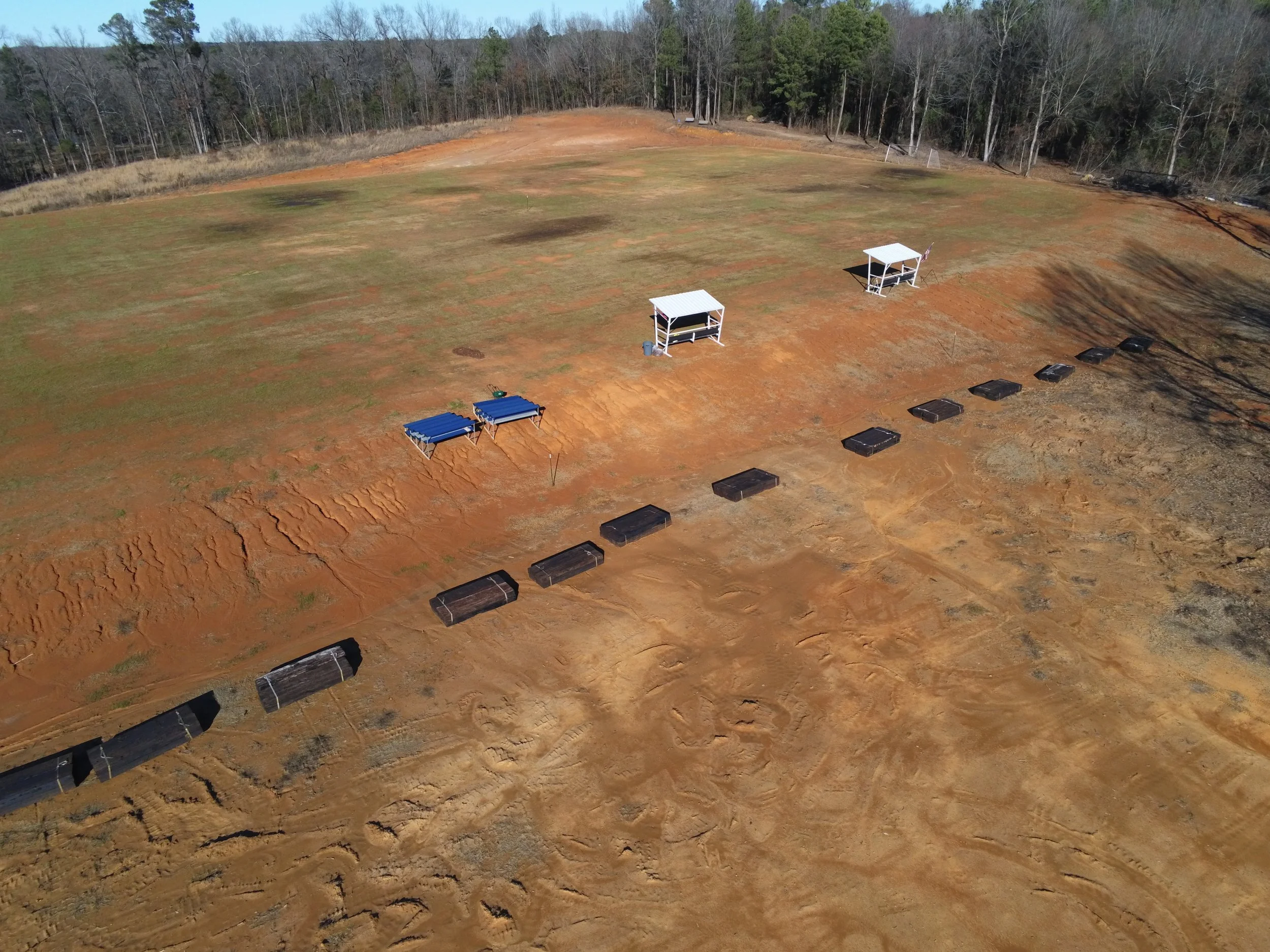The conference opened with Harrison Pittman, director of the National Agricultural Law Center, which organized the conference more than a decade ago. The first Mid-South was held at Harrah’s, one of the riverboat casinos in Tunica, Mississippi.
“We literally shut it down,” Pittman said with a laugh. “We were the last thing ever held at Harrah’s Casino.”
When the first attendees walked out the door, casino personnel chained it closed behind them.
“Not a small chain, but a big chain with a big lock,” Pittman said. “And it was over. We shut it down.”
The following year, Pittman said, the conference was moved to its current site, at the University of Memphis Cecil C. Humphreys School of Law.
SCOTUS
Bishop may be best known for the case challenging California’s Proposition 12, which would bar the sale of pork from pigs not raised under specific conditions. The high court upheld the law as constitutional.
Bishop said that in reading about SCOTUS in the media, one would have the impression that “this is a deeply conservative, pro-business court with a solid six-justice majority intent on remaking the law the way the Federalist Society wants it to be.
“It’s not true,” he said and cited several cases from the weeks preceding his presentation to show that justices did not vote in a six-justice block, including the National Pork Producers Council and Arkansas Farm Bureau Federation vs. Ross, the Proposition 12 case, Andy Warhol Foundation vs. Goldsmith and Sackett vs. EPA, the Waters of the United States case.
“None of the cases from the last few weeks has the lineup that the New York Times expected occur,” he said.
Heirs property
New Orleans attorney Ebony Woodruff called heirs property “the worst problem you never heard of. It’s the legal term for land inherited without a will.”
Woodruff, a former legislator and consul, was the first woman elected to represent District 87 in the Louisiana House of Representatives. She is currently the director of the Agricultural Law Institute for Underserved and Underrepresented Communities at Southern University Law Center, one of the NALC’s partners.
“Over 70 percent of Americans don’t have a will or have one that’s invalidated,” she said.
Heirs property is found in dozens of counties from Texas to Virginia in areas that tend to be poor and rural.
“Heirs property is generally framed as a black issue, but it affects many people. It’s a leading cause of black land loss,” Woodruff said.
With heirs property, typically there are multiple owners, sometimes through multiple generations.
Without obtaining agreement from everyone with a share, owners can’t get loans or mortgages, conduct leasing or be part of U.S. Department of Agriculture programs. And as she found after Katrina, many with heirs property could not get FEMA disaster relief.
Woodruff said the Uniform Partition of Heirs Property Act, restructures the way partition sales occur, offering protection to heirs’ property owners. The law has been adopted in 20 states and the Virgin Islands, including Arkansas, Texas and Mississippi.
Long-term care
Robert Moore, an attorney and research specialist with the Agricultural and Resource Law Program at The Ohio State University, a partner of the NALC, discussed how farm families can prepare themselves for long-term care.
“Twenty percent of 65-year-olds will need some type of long-term care for longer than five years,” he said. “One-third may never need it.”
“It’s this ‘more than five years’ that puts a lot of farms in jeopardy,” Moore said. “Sixty-nine percent of 65-year-olds will need three years of care — two years at home and one in a facility."
He said that that one year will be unpaid home care by a spouse or other family member. One year will be paid care; someone who comes in to feed and bathe the family. One year will be in a nursing home.
Moore, citing a survey by GenWorth Financial, said the cost of the care at home would be nearly $62,000, while the one year of nursing home care would be more than $94,000, bringing the average long-term care costs to $156,672.
“About two-thirds of 65-year-olds can expect a long-term care cost or expense, of about $150,000,” he said.
Moore said throwing everything into a revocable trust may not be the right tactic, and it’s important for farms to conduct a long-term care risk assessment to know what strategy to use in facing the challenges that come with age. Risk assessment enables users to analyze the potential long-term-care costs, income and savings to determine the actual risk to farm assets.
“This risk assessment is really a requirement of good long-term planning,” he said.
Moore said a tool to help farms conduct a risk assessment is available online.
Solar farms
Rusty Rumley, senior staff attorney for NALC, talked about the growing demand for solar power and the growing demand for land on which to place panels.
“Solar is going to take up larger chunks of land,” he said. He noted a caller from Texas who was approached by a solar company to lease his pasture land. According to the National Agricultural Statistics Service, the average rental rate for pastureland in Texas was $7.70 an acre. The pastureland owner signed a 25-year lease with the solar company for $2,500 an acre.
Rumley cautioned that solar leases are not like ag leases.
“They may look a little squirrely,” because they are longer in length, more complicated and require a lot of due diligence on the part of the land owner, he said. “They may affect your kids and your grandkids.”
And just because a landowner signed a lease, doesn’t mean the project will be built, Rumley said. Another bit of caution involves the end of the lease, since some leases aren’t clear on who would decommission the solar arrays.
The 11th Annual Mid-South Agricultural and Environmental Law Conference is set for June 6-7, 2024 in Memphis, Tennesse.
To learn about extension programs in Arkansas, contact your local Cooperative Extension Service agent or visit www.uaex.uada.edu. Follow us on Twitter and Instagram at @AR_Extension. To learn more about Division of Agriculture research, visit the Arkansas Agricultural Experiment Station website: https://aaes.uada.edu/. Follow us on Twitter at @ArkAgResearch. To learn more about the Division of Agriculture, visit https://uada.edu/. Follow us on Twitter at @AgInArk.

























